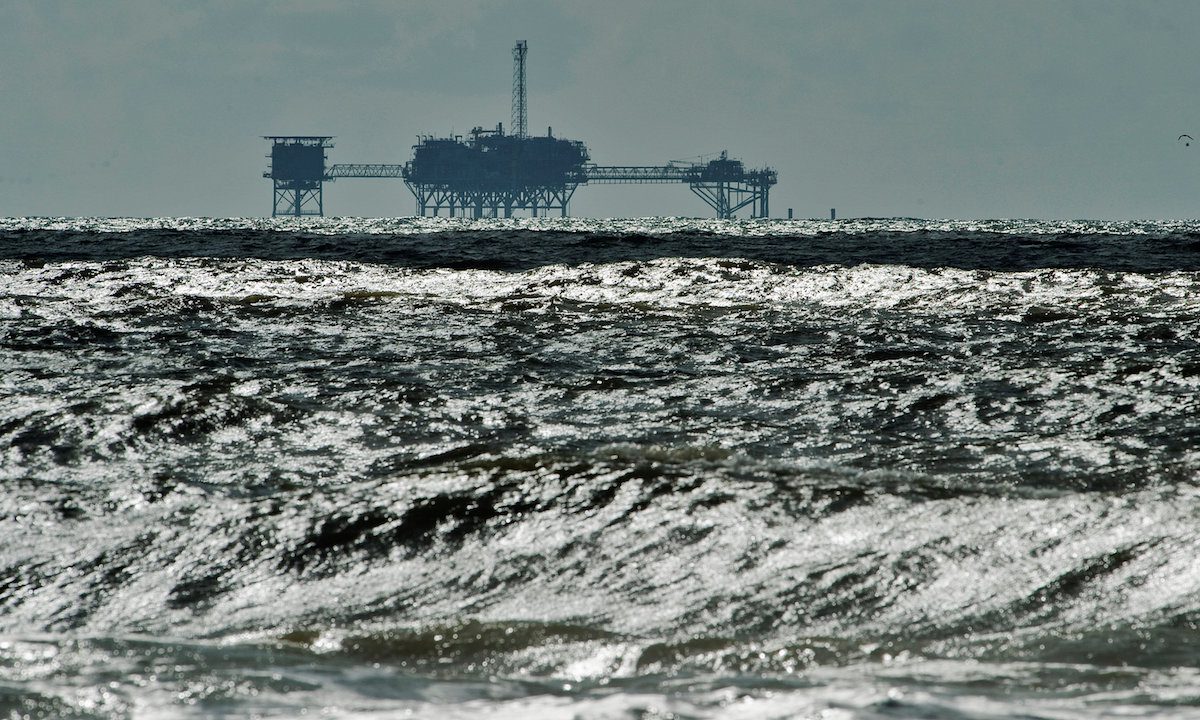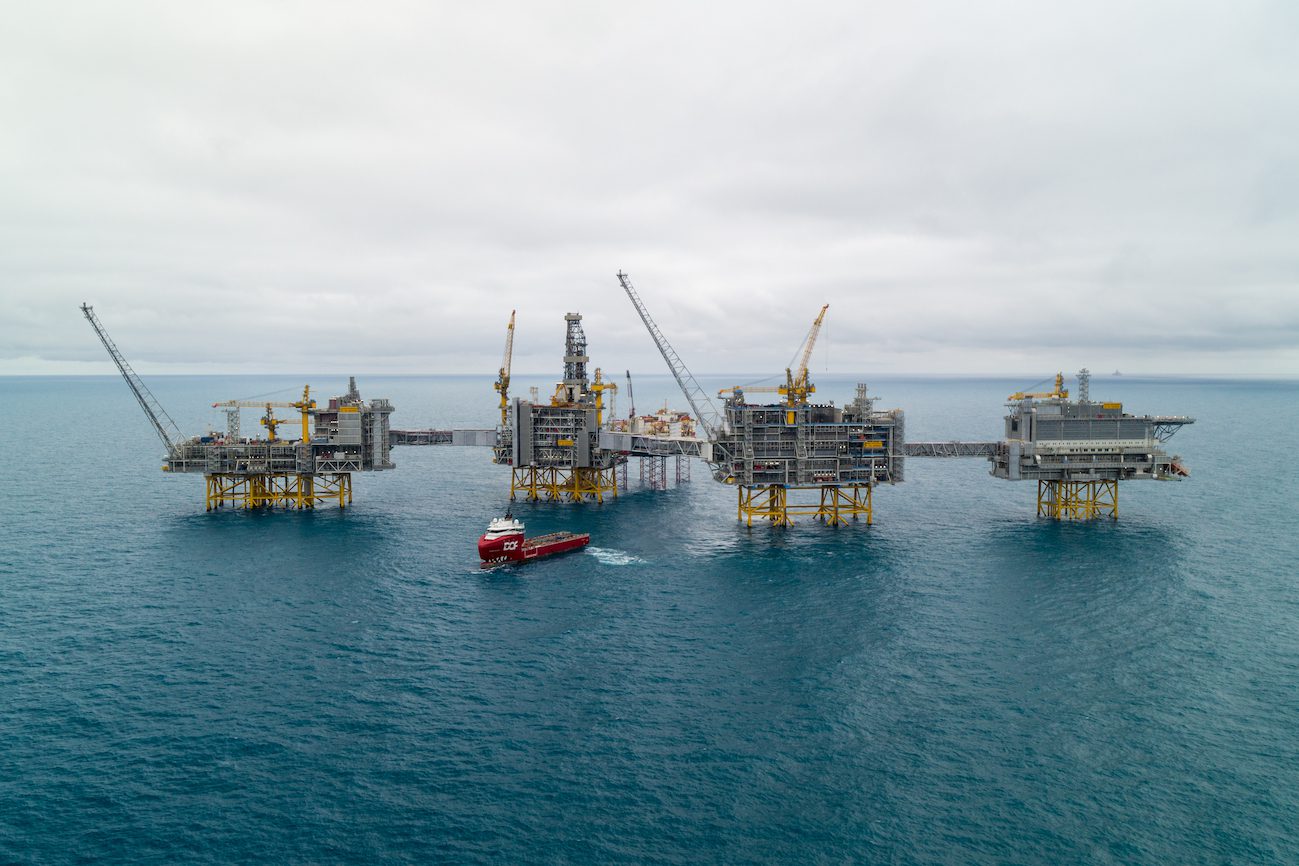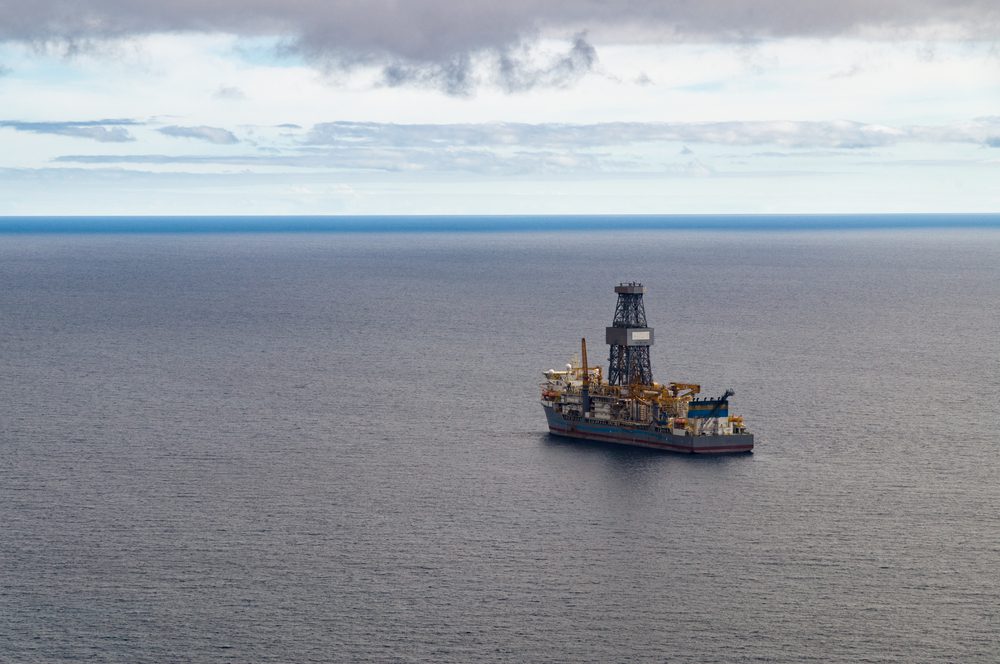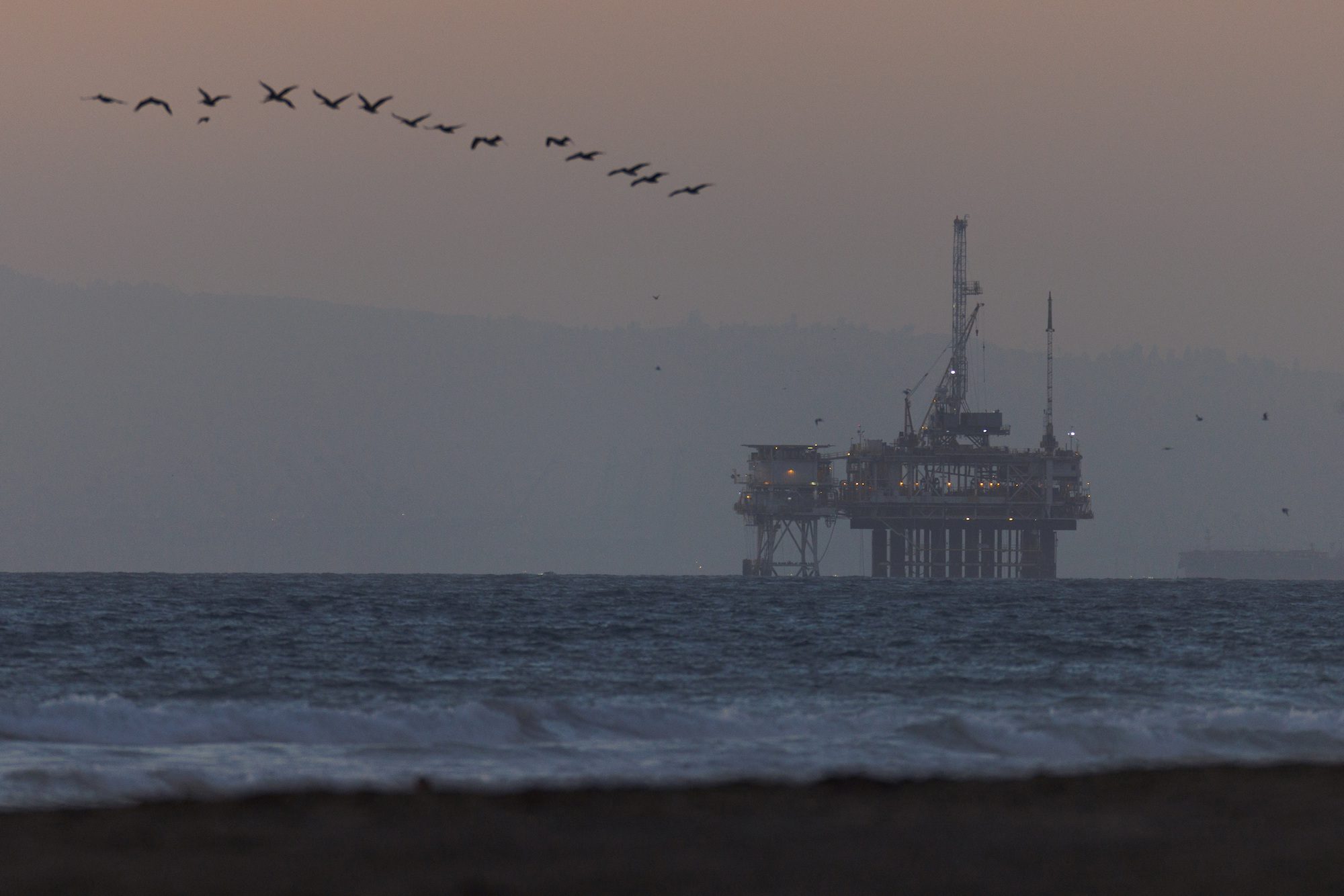By Georgina McCartney
HOUSTON, Dec 12 (Reuters) – W&T Offshore, an independent driller operating in the U.S. Gulf of Mexico, has asked a federal judge to block insurance companies’ demands for $250 million in additional collateral for taking apart old oil infrastructure.
The offshore drilling industry faces mounting pressure to provide bonds for decommissioning oil and gas infrastructure in federal waters. The Federal Bureau of Ocean Energy Management (BOEM) in June enforced a final rule that amended its financial assurance regulations in a bid to ensure the industry covers decommissioning costs, not the taxpayer.
“You’re at the mercy of the federal agency and you’re at the mercy of the surety providers, so there is really not a whole lot of control there,” W&T Offshore CEO Tracy Krohn told Reuters in an interview.
“The regulatory agency has no real basis for requiring a great deal more bonding than what they already have,” Krohn added.
The BOEM estimates offshore drillers would collectively pay just under $7 billion as a result of the final rule, in new supplemental financial assurances to cover the potential costs of decommissioning activities.
As of June 2023, more than 2,700 wells and 500 platforms were overdue for decommissioning in the Gulf of Mexico, according to the U.S. Government Accountability Office.
In the lawsuit, filed on Wednesday in the U.S. District Court for the Southern District of Texas, W&T Offshore asked Judge Keith Ellison to declare that the insurers have colluded to damage the company by jointly demanding additional collateral and premiums.
The company claims the insurers used BOEM’s final rule to demand additional collateral for surety, for which the operator has already paid premiums.
Houston-based W&T Offshore did not immediately provide a comment.
Endurance Assurance Corp and Lexon Insurance Co, both named in the suit, did not immediately respond to requests for comment.
Opponents said BOEM’s final rule would disproportionately affect smaller companies that lack investment grade ratings or sufficient proven oil reserves. Oil majors are more likely to have large reserves, or meet credit criteria exempting them from putting up more money to cover potential future decommissioning.
Days before the BOEM’s final rule was enforced, Texas, Louisiana and Mississippi sued the government in a bid to block it.
The U.S. Gulf of Mexico produces roughly 1.74 million barrels per day of oil, according to the last government figures, about 13% of total U.S. output.
(Reporting by Georgina McCartney in Houston; Editing by David Gregorio)
(c) Copyright Thomson Reuters 2024.
Editorial Standards · Corrections · About gCaptain
This article contains reporting from Reuters, published under license.

 Join The Club
Join The Club












